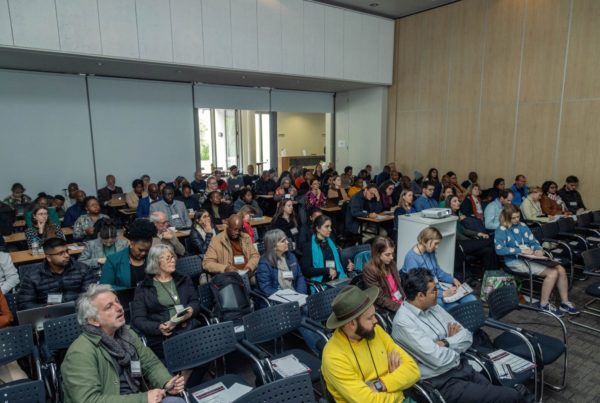Candidate: Debra Shepherd
Supervisor: Professor Servaas van der Berg and Professor Chris Elbers
Institution: Stellenbosch University, Faculty of Economic and Management Sciences, Department of Economics
Abstract:
The enduring gap in the quality of education, attainment and performance that persists between the former advantaged, mainly affluent schooling system and the majority historically disadvantaged school system can be viewed as having its origins in the highly unequal forms of provision and expenditure that existed during the apartheid regime. Although policy reforms and legislation since 1994 have contributed to equal distributions of expenditures across provinces and the provision of zero-fee compulsory schooling up to Grade 9, the private funding available to the wealthiest schools in the form of school fees and fundraising results in dramatically different quality of schooling inputs and processes being provided to students attending these schools. The result of this has been an influx of chiefly middle-class black children (who can afford the high school fees) into the former advantaged school system. The main research question of this thesis can, therefore, be summarised as: “what are the main contributing factors to differences in school quality and effectiveness across the South African schooling system?”. This thesis begins by introducing a social justice perspective to researching education quality that assigns a central role to the context under which teaching, and learning takes place. However, consideration of educational quality through a social justice framework introduces a methodological challenge. Specifically, research needs to recognise the complex and multidimensional nature of the issues relating to the quality of education and how they impact on different groups of students, particularly those from disadvantaged home backgrounds. The analysis and research questions posed by and contained within the chapters of this thesis aim to go beyond the standard quantitative techniques and introduce inter-disciplinary and relatively under-utilised methodological approaches in education to assess schooling effectiveness in South Africa. These techniques were chosen with the intention of being both sensitive to context and internationally relevant.
DOWNLOAD PDF





